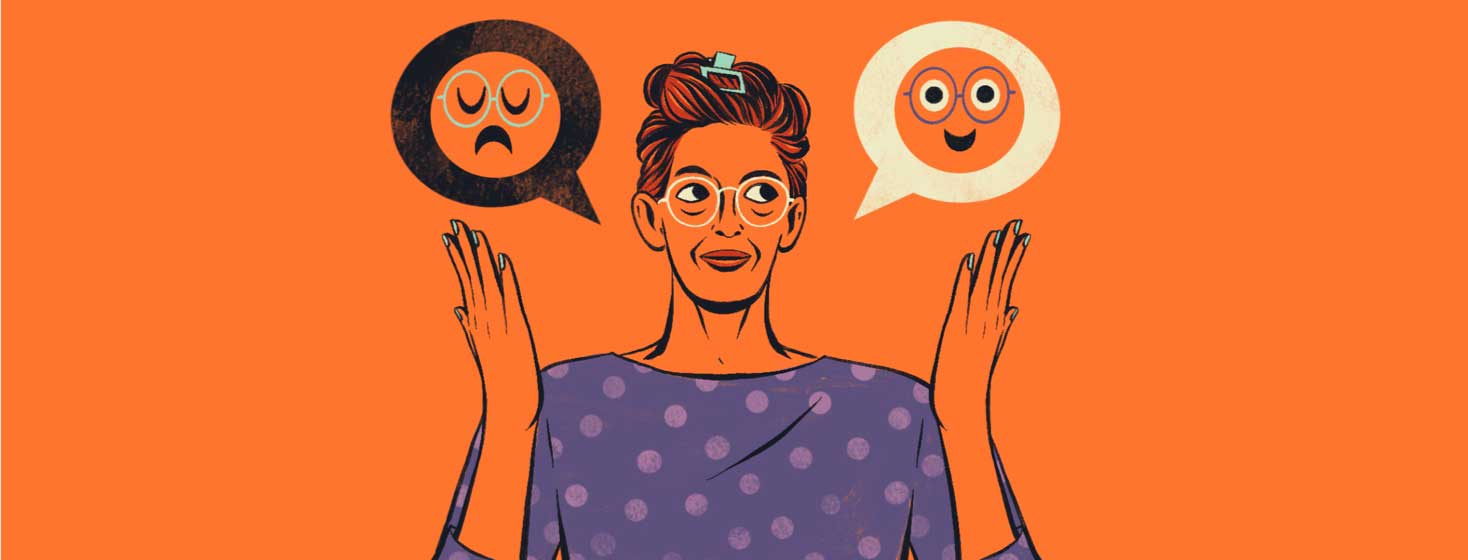Getting Beyond the BS (Beyond Severe)
Disclosing a medical condition is tricky territory because we always have to be prepared for the worst possible reaction. Sadly, the scale of what that means depends on what you are disclosing. It stinks that some medical conditions come with way more stigma attached than others or that they come with any stigma at all.
Why do I downplay my rare disease?
In that regard, with hemophilia, I have it pretty easy. But there I go again, downplaying things. As I get older and potentially wiser, I’m getting better at being both laid back in how I live my life while also being realistic about some of the considerations that lie with what hemophilia A brings to the table.
Still, whenever I have to disclose that I have a bleeding disorder, I always minimize it. “I have hemophilia,” I’ll say, before quickly adding that “it’s not severe!”
What people think we have versus reality
I’m not putting distance between myself – who straddles the thin red line between mild and moderate – and someone who has severe hemophilia as a way of being judgmental or dismissive. I’ve just found that if someone knows what hemophilia is, then they imagine that everyone with the bleeding disorder has one fictional type: beyond severe.
Which is, quite literally, BS!
If you’re living with a medical condition that comes with one large bullet point of reference, then you’ve probably been diagnosed with the same type of “BS” that I have been.
I understand why people make assumptions
I’m not shaming anyone for having a limited understanding of a rare disease because, well, they are rare. This means it’s likely that I am the first person they’ve ever encountered, face-to-face, living with the condition. Acknowledging that my mind hangs onto information in funny ways helps me be more gracious where any awkward assumptions are concerned.
For instance, to remember something I’ve heard about in passing, whether good or bad, my mind will latch onto the most pertinent detail as a way of retaining the information. If someone has attached horror movie theatrics to hemophilia as a way of remembering that it is a bleeding disorder, I can’t really fault them for doing so.
Telling others what life with hemophilia is really like
To be considerate of others, I merely need to revisit my own unintentional gaffes of the past. I try to remember that as I explain that a nick while shaving isn’t a concern. First, electric razors are amazing. Second, my clotting factor is always nearby for any unexpected bleeds, though, admittedly, I do treat myself as someone living with beyond severe hemophilia when the grooming is of the, uh, intimate variety...
But I digress!
While I do have the self-preservational habit of minimizing my situation to others, I try to take advantage of any opportunity to educate about what life with hemophilia is actually like, and how my friends with severe hemophilia lead productive lives thanks to the efficacy of their clotting factor. And, to their credit, people get up to speed pretty quickly when they learn that people with severe hemophilia simply treat themselves prophylactically to boost factor levels before going to work for the day or before a weekend activity with the kids where unexpected bumps and bruises can occur.
Everyone kind of learns – with the help of their physicians and community tips – what works best for them.
Talking about the reality of living with a rare disease
Living with a rare disease, and being open about it, has helped stop me from applying my own BS to someone else’s medical condition. It’s made me so much more empathetic in general. I try not to say, “I could never deal with that,” if someone is telling me about their medical reality because I’ve heard people say that to me. That’s why I like to respond with something positive, like, “Well, you probably would if you had to. Give yourself some credit!”
Talking about medical conditions can be difficult. But, moving forward, I’ll try to do my best not to come out defensively or even dismissive of my own journey because, in the end, life is always easier when we are able to move beyond our own BS.

Join the conversation